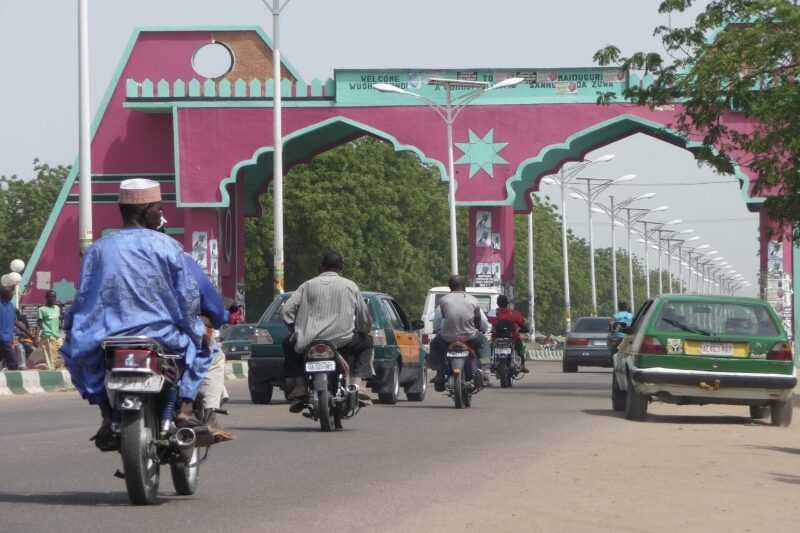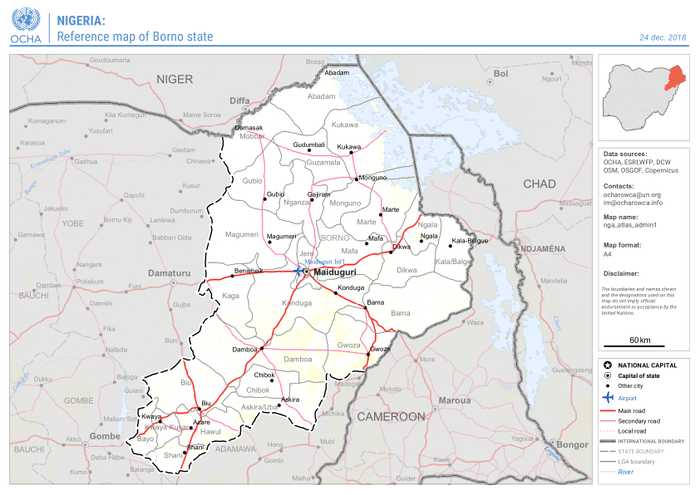
Borno State, situated in the northeastern region of Nigeria, stands as a symbol of resilience, cultural diversity, and historical significance. Renowned as the heartland of the illustrious Kanem-Bornu Empire, Borno State boasts a rich heritage that spans centuries and continues to shape its identity to this day.
At the core of Borno State's legacy lies its resilient people, who have weathered countless challenges throughout history with grace and determination. Despite facing adversity, the people of Borno embody strength, perseverance, and a steadfast commitment to preserving their cultural heritage and traditions.
Borno State is celebrated for its diverse culture, which is a vibrant tapestry woven from the threads of various ethnicities, languages, and customs. From the Kanuri people, who are the predominant ethnic group, to the Hausa, Shuwa Arabs, and other indigenous communities, Borno State is a melting pot of cultural diversity, where each group contributes to the rich tapestry of the state's identity.
Historically, Borno State holds immense significance as the heartland of the Kanem-Bornu Empire, one of the most powerful and influential empires in West Africa. The remnants of this glorious past can be seen in the ancient ruins, architectural marvels, and cultural artifacts that dot the landscape, serving as poignant reminders of the state's illustrious history.
Despite facing challenges such as insurgency and security concerns, Borno State remains an important center for trade, agriculture, and Islamic scholarship. The state's strategic location along ancient trade routes has made it a bustling hub of commercial activities for centuries, while its fertile land and favorable climatic conditions support the cultivation of a variety of crops, including grains, vegetables, and fruits.
Furthermore, Borno State has long been recognized as a center for Islamic scholarship and learning, with prominent institutions of Islamic education attracting students from far and wide. The state's religious and cultural significance extends beyond its borders, influencing Islamic discourse and scholarship across the region.
As visitors traverse the rugged landscapes, explore the ancient ruins, and interact with the resilient people of Borno State, they are greeted with warmth, hospitality, and a deep sense of pride in their heritage. Despite the challenges they face, the people of Borno continue to forge ahead with resilience and determination, embodying the spirit of their ancestors and preserving the legacy of their beloved state for generations to come.

- Capital Maiduguri
- Country Nigeria
- Created
- Population 65000000
- Official Languages Kanuri, Hausa, Shuwa Arabic
- Ethnic Groups Kanuri, Babur, Shuwa, Marghi, Fulani
- Land Area 70898
- Postal Code 600001



